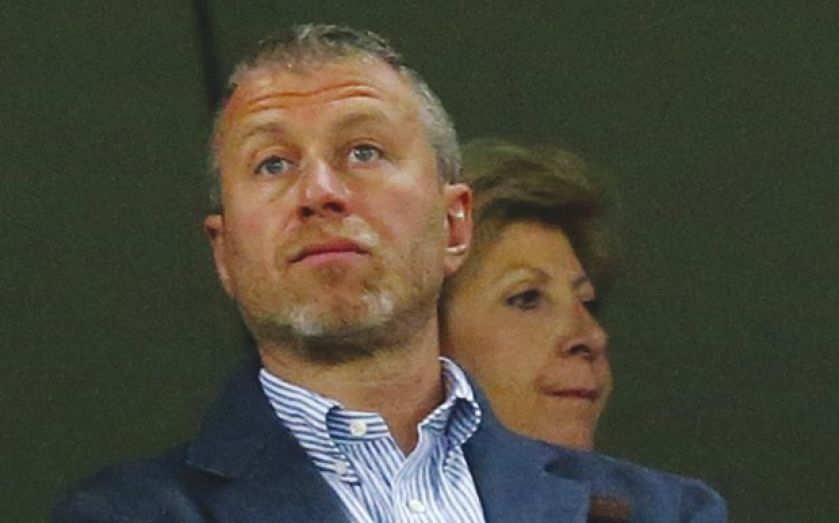Will financial sanctions on Russia significantly damage the City of London?

Rob Wood, chief UK economist at Berenberg Bank, says Yes.
Russia’s economy matters, even for the UK where only a small fraction of financial services activity is tied directly to Russia’s fragile petro-economy.
The UK economy dances to the beat of world events because of confidence, uncertainty and financial market spillovers. The crisis in the Eurozone taught us that much. Financial sanctions would not, directly, be a huge deal.
But Britain is right next door to a massive external market (the Eurozone), which is more closely tied to Ukrainian and Russian events. Sanctions would be intended to worsen Russia’s economic position, which could quickly blow back to the UK. The MH17 crash could bring home just how close the conflict is to consumers across Europe.
That could spread the economic impact beyond small wobbles in Germany. Russian President Vladimir Putin has the potential to seriously disrupt the Eurozone and UK economies over the coming days, weeks and months.
Pawel Swidlicki, research analyst at Open Europe, says No.
A pernicious myth has developed that the City is flooded with Russian cash, and that the UK could try to weaken EU sanctions on Russia.
But while the Russian presence may be highly visible, the actual stock of Russian international investments in London is £27bn – a sizable amount, but only 0.5 per cent of total European international assets in the City. It’s true that the latest EU sanctions would focus on finance, and if implemented, they would have a disproportionate impact on the UK.
Of the €16.4bn (£13bn) raised in the EU by Russian state-owned companies through IPOs between 2004 and 2012, all took place on the London Stock Exchange. However, the actual damage would be small – in the region of hundreds of millions – as only 1 per cent of exported services in these areas go to Russian firms.
The real question is why, despite their tough talk, France and Germany, unlike the UK, are not following through with action.